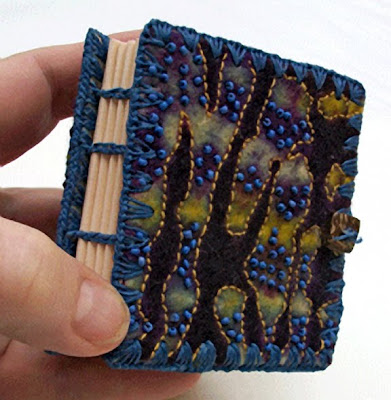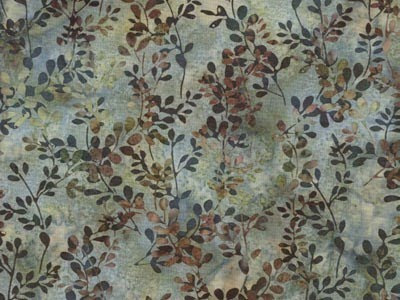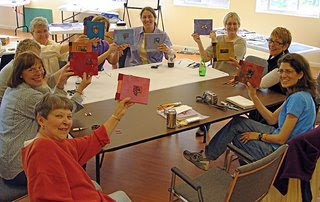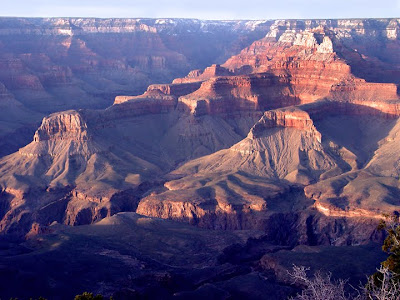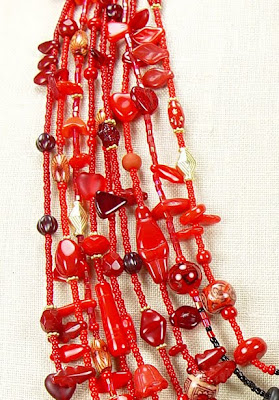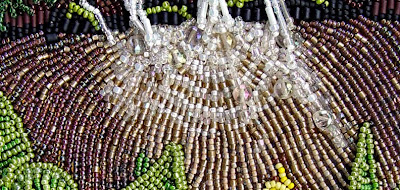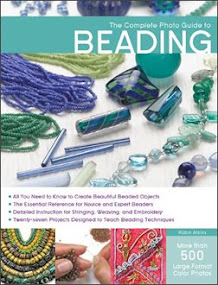
So, how do I manage to write a post about a 10-day trip to Arizona when I took close to 2,000 pictures? I call my friend
Christi, who says, "What are the top three experiences of the trip? OK... if I pick my top 7-10 pictures for each of these three things, then maybe, just maybe, I'll have a reasonable post!!!! Thanks, Christi!
#1 ~ Desert
We bushwhacked and hiked in the desert Northeast of Phoenix every chance we got. I fell in love! Yes, I never would have predicted that both Robert and I would develop such a deep passion for the desert. Everything about it, from the tallest saguaro cactus to the wee little wildflowers, is compelling and beautiful. Highway 87, north of Mesa toward Payson, is a desert gold mine!!!!



Granite boulders on Boulder Mountain, one-mile stretch along Hwy 87, NE of Phoenix.

Prickly pear cactus! Notice there's one heart-shaped paddle... my fave, of course!

Saguaro and prickly pear cactus silhouetted by the setting sun... Oooooooh!

The pretty
cholla cactus in the foreground is the devil in disguise! Also called chain or jumping cactus, it's spines are barbed. When they get into your skin, they stay there. The ends break off when you try to pull them out, leaving the barbed points in your thumb to fester. Please, don't ask me how I know this!

This is Robert, my husband, tossing a rock on the "victory pile" at the summit of Pine Creek loop trail off Hwy 87, NE of Phoenix.
 #2 ~ The Grand Canyon
#2 ~ The Grand CanyonAlthough we viewed three movies about the Grand Canyon before we went, they hardly prepared us for what we experienced there. We both love taking pictures, and took hundreds of them at the Canyon. In retrospect, I believe that taking pictures ensures that I see many details of the place... that I notice composition, color, form, shadows and highlights. But it's possible I miss the whole, the very essence of the Canyon, while busily noticing the details through my view-finder. And then, as I look at the results, they don't even come a tiny bit close to what it's actually like to be there, seeing the Colorado River a mile down and the sky infinitely high.... However, here are a few that at least serve as decent reminders.
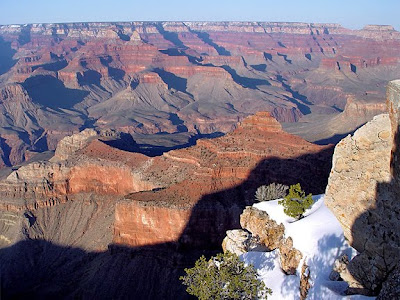
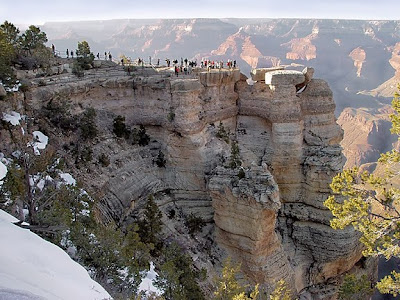



Can you see the Colorado River (Robert calls it the Color-red-oh River)? Imagine - a whole mile down! That's 18 football fields, end-to-end.


If and when there's a next time, I want to just sit in one place and meditate for a long while!
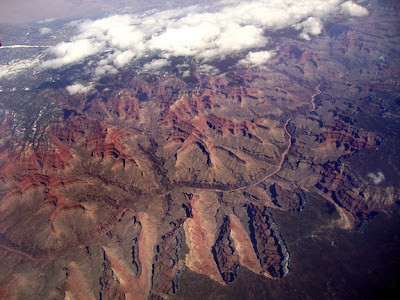
We got lucky on the flight home between Phoenix and Seattle. I took this picture of the River and Canyon from my window seat!
#3 ~ MotorcycleWe rented a new, powerful (1800 cc) Goldwing for three days... What a blast!!!! On one of the days we joined
Corinne (
BJP member) and her husband, Loring, for a day-ride to Jerome and Sedona. I knew Jerome was an old mining-town, turned ghost-town, turned hippy/artist tourist-attraction, but had no idea it was on the very top of a mountain with switchback streets. Who-eeee, what a fun ride to the top! I also knew about the famed, red-rocks of Sedona, but was not prepared for just how red and beautiful the rock formations in the area are.

I took pictures while riding behind Robert on the Goldwing. I even took one of myself.... see how the wind is blowing my face?


Robert and our rented Goldwing. We've stopped to photograph the red rock formations near Sedona, AZ!



Above are Robert, Corinne and Loring posing in front of an old hotel building in Jerome, AZ.

This cliff dwelling is called Montezuma's Castle. It was built and inhabited by the Sinagua people in the 1100s.

I fell in love with sycamore trees... with their long, graceful branches and especially with the mottled, soft celedon, tan and violet colors of their bark!
More pictures on my Facebook pageIf you like the above pictures and would like to see a few more wildflowers, cactus, Canyon, etc. pictures, you can go to my Facebook page and check out my photo albums,
here. (I hope this link works...)
More fun in Arizona!We had many other memorable experiences, such as dinner with Corinne and Loring, two spring training baseball games, good SW food, the Little Colorado River Gorge, a fabulous exhibit of Ansel Adams' photographs at the
Phoenix Art Museum (the exibit is open to June 1st) and beading with
Lisa C for half a day! We are very grateful to our friends, Patricia and Roger, who allowed us to use their vacation home in Fountain Hills as our base. We're also grateful for fabulous weather!
BJP Progress ReportI'm a terrible
behinder right now. I've hardly started working on my March piece. Yet, the week ahead looks pretty open right now... I'm crossing my fingers to keep it that way so I can bead, bead, bead.
My six words for April are:
rest
flow
resolve
stitch
finish
forgiveThe one I circled as my key word for the month is
forgive. Hmmmmm.... wonder what that's about?! Well, one thing for sure... I need to forgive myself for not getting around to any of my favorite blogs for a long time.... It's on the list!

